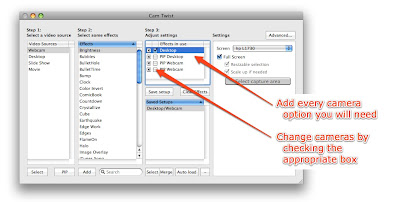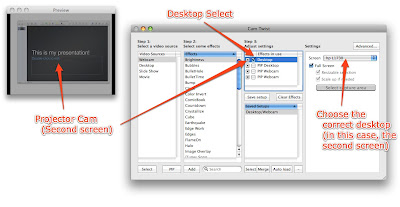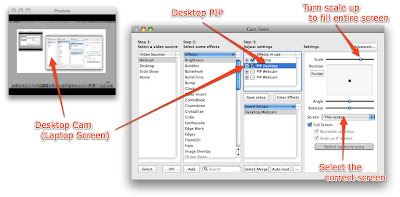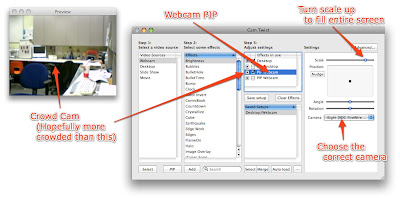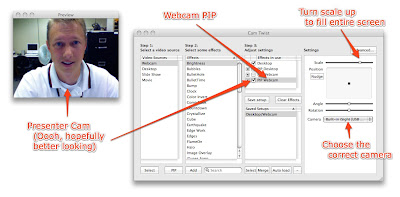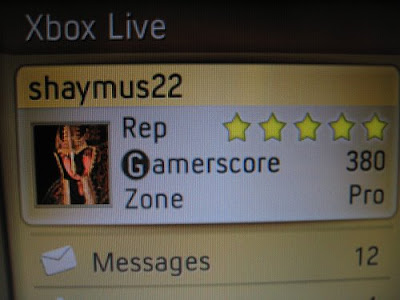A Shirky Aproach To Presenting Unplugged
Since my heartfelt words only seem to offend, I've thought it best to let Shirky do the talking. Consequently, the selections that follow have been taken directly from Here Comes Everybody (2008). Any emphasis, [additions], or hyperlinking have been added by me.
Come on, folks, hear him out. This is important:
And what about us? What about the society in which this tug-of-war was happening? For us the picture isn’t so clear. The whole episode demonstrates how dramatically connected we’ve become to one another. It demonstrates the ways in which the information we give off about our selves, in photos, and e-mails and MySpace pages and all the rest of it, has dramatically increased our social visibility and made it easier for us to find each other but also to be scrutinized in public... And it demonstrates the ease and speed with which a group can be mobilized for the right kind of cause. (pp. 11-12)Here's to the learning revolution that I think can occur when people step up to make impossible things happen.
You can think of group undertakings [like NECC Unplugged] as a kind of ladder of activities, activities that are enabled or improved by social tools. The rungs of the ladder, in order of difficulty, are sharing, cooperation, and collective action. [While] sharing [aka merely showing up] creates the fewest demands on the participants... cooperating is harder than simply sharing, because it involves changing your behavior to synchronize with people who are changing their behavior to synchronize with you. (pp. 49-50)
[As a rule,] conversation creates more of a sense of community than sharing does, but it also introduces new problems. It is famously difficult to keep online conversations from devolving into either name-calling or blather, much less to keep them on topic... And this is the Tragedy of the Commons: while each person can agree that all would benefit from common restraint, the incentives of the individuals are arrayed against that outcome… Societies have generally dealt with the problem of free riders in one of two ways. The first way is elimination of the commons [aka stick with the traditional conference approach], transferring ownership of parts of it to individuals, all of whom have an incentive to protect their own resources… The second way is governance or, as Hardin puts it, “mutual coercion, mutually agreed upon” [aka NECC "Unplugged" Planning Session, June 5, 2008]. (pp. 50, 52-53)
[To continue,] collaborative production is a more involved form of cooperation, as it increases the tension between individual and group goals. The litmus test for collaborative production is simple: no one person can take credit for what gets created, and the project could not come into being without the participation of many. (p. 50)
[Furthermore,] collective action… is the hardest kind of group effort, as it requires a group of people to commit themselves to undertaking a particular effort together, and to do so in a way that makes the decision of the group binding on the individual members. All group structures create dilemmas, but these dilemmas are hardest when it comes to collective action, because the cohesion of the group becomes critical to its success. Information sharing produces shared awareness among the participants, and collaborative production relies on shared creation, but collective action creates shared responsibility, by tying the user’s identity to the identity of the group. (p. 51)
For a group to take collective action, it must have some shared vision strong enough to bind the group together, despite periodic decisions that will inevitably displease at least some members. (p. 53)
[Now,] life teaches us that motivations other than getting paid aren't enough to add up to serious work. And now we have to unlearn that lesson, because it is less true with each passing year. (p. 103)
[Moreover,] what the open source movement teaches us is that the communal can be at least as durable as the commercial. For any given [conference], the question “Do the people who like it take care of each other?” turns out to be a better predictor of success than “What’s the business model?” (pp. 258-259)
When people care enough, they can come together and accomplish things of a scope and longevity that were previously impossible. (p. 142)
[To conclude,] new technology makes new things possible: put another way, when new technology appears [aka a new way to approach educational conferences], previously impossible things start occurring. If enough of those impossible things are important and happen in a bundle, quickly, the change becomes a revolution. (p. 107)
Simply "showing up" will never be enough.
[Important side note: I have judged Clay Shirky unfairly. Upon further treatment of his book I can confidently say that it is a work on the social aspects of networking and group organization that will be referenced for years to come. Thanks, Steve, for giving me the push it took to look into it further; and thanks, Scott, for your recommendation in the first place. This will be a book that plays a pivotal role in not only my summer studies but in the overall creation of my dissertation.]
Image Source: NECC Unplugged
Technorati Tags: edubloggercon08, necc08, shirky














